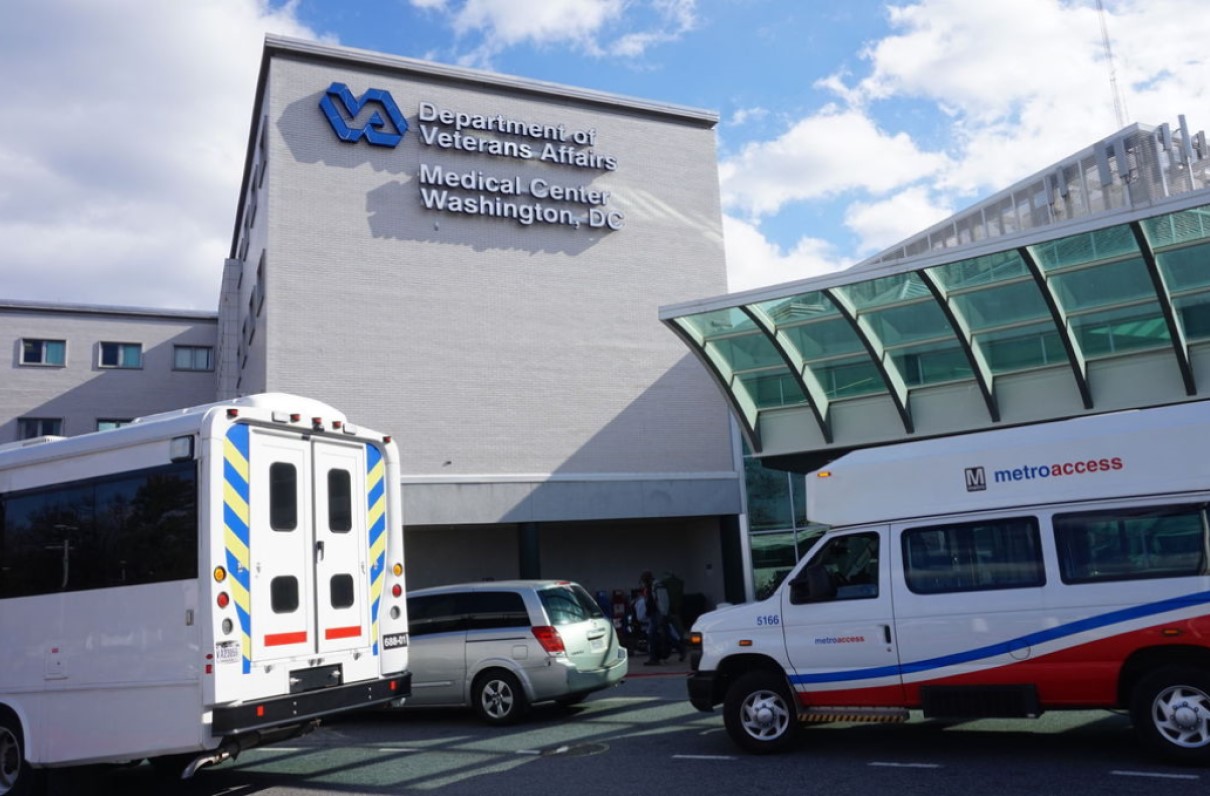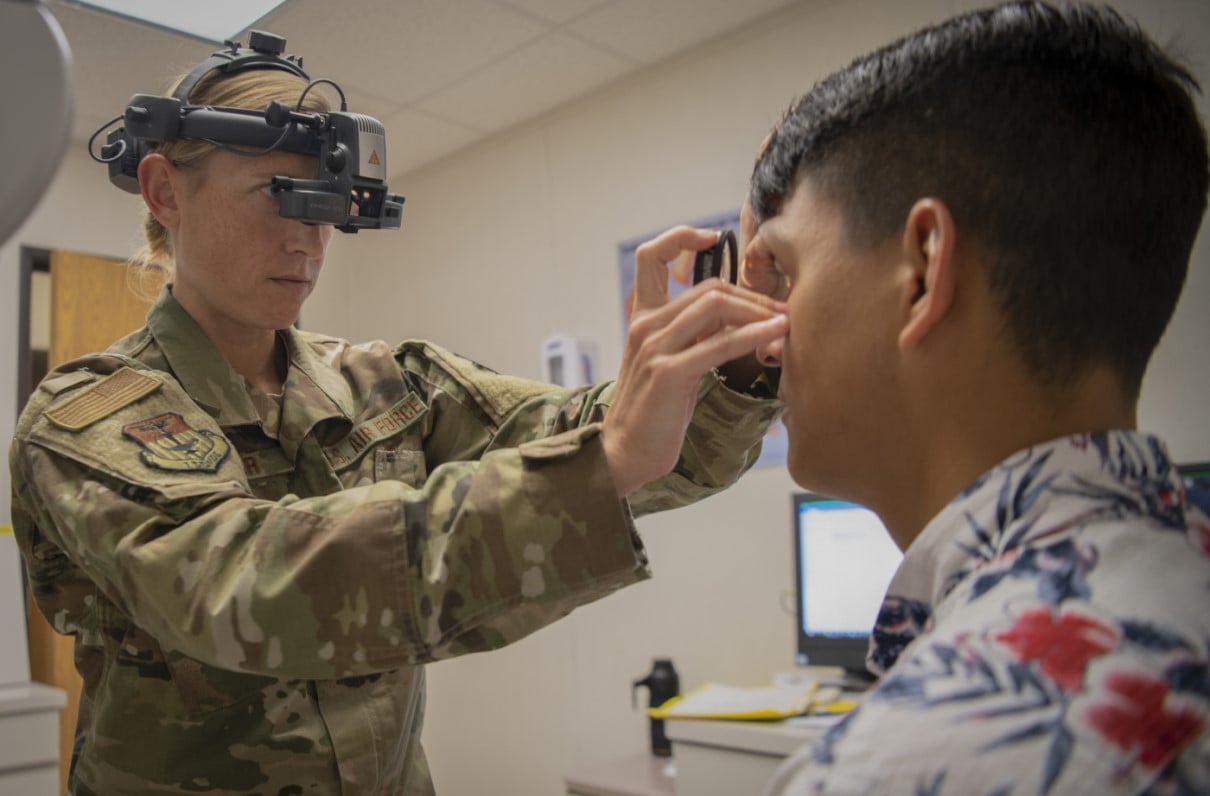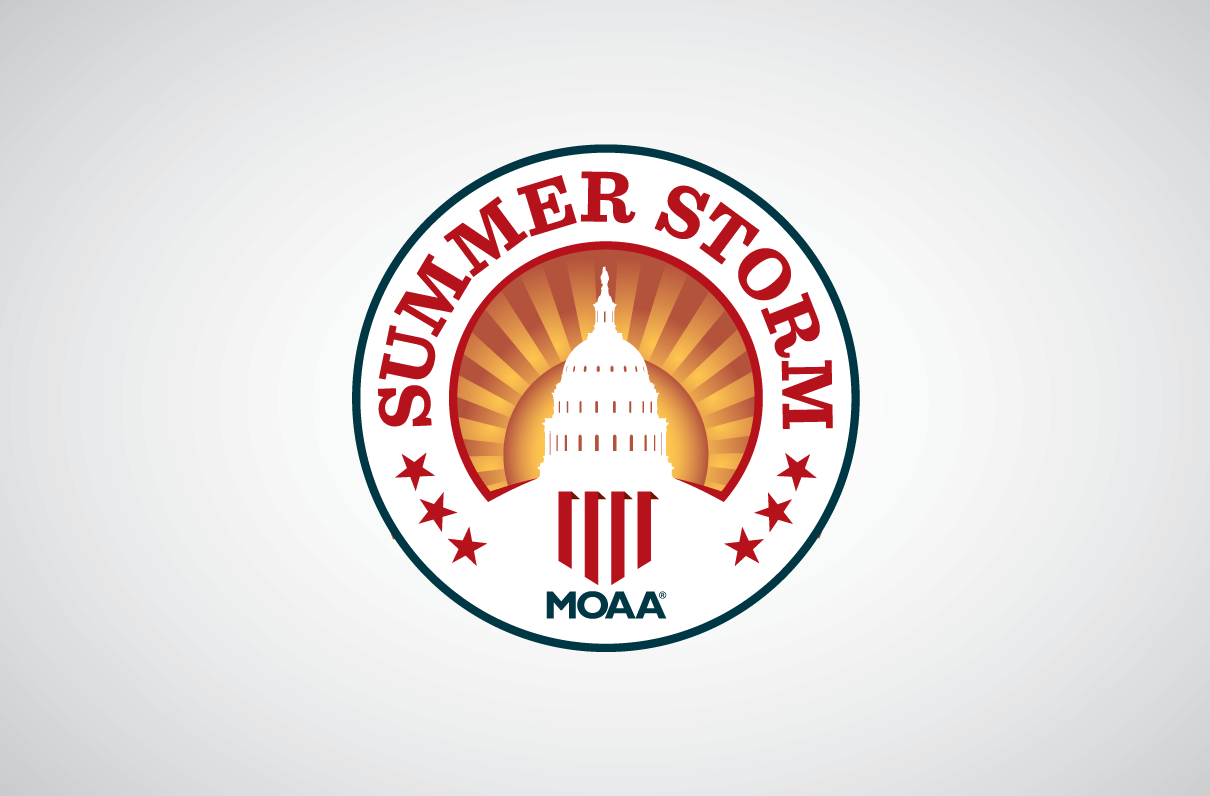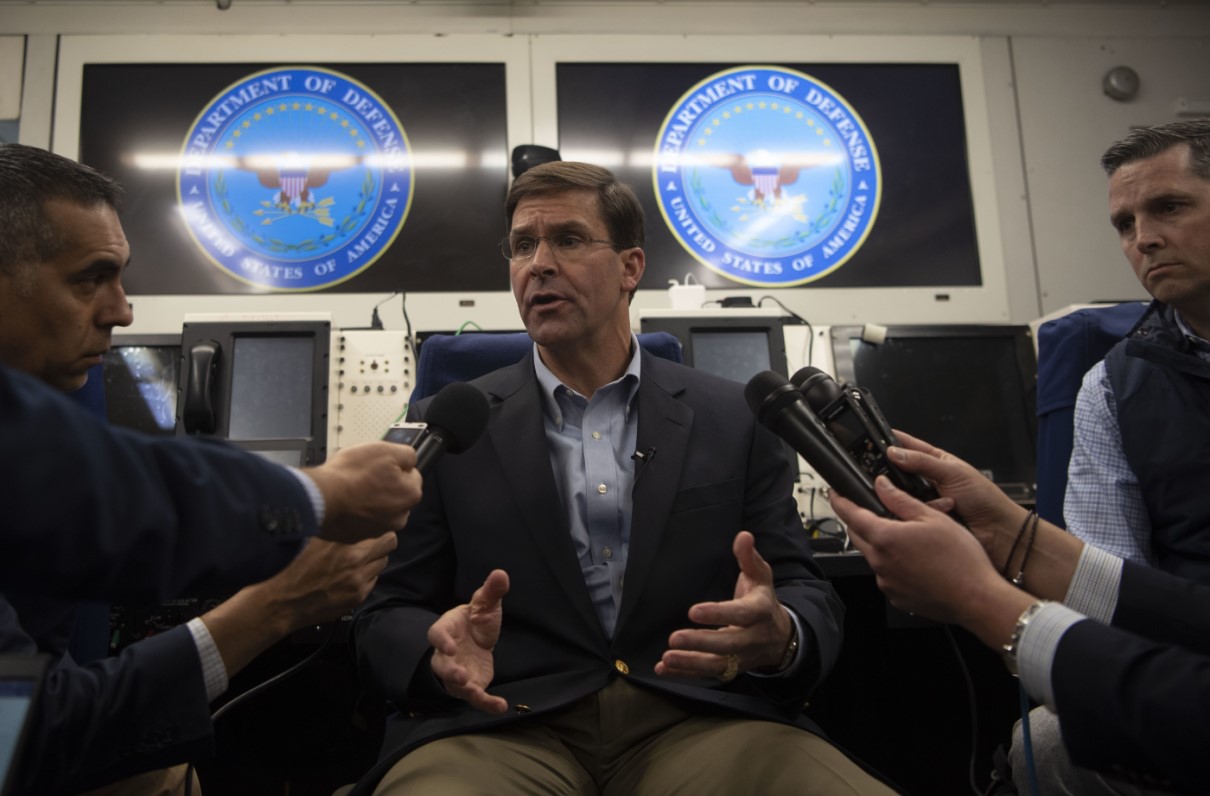Did you know the VA medical system offers “same-day” health care services at more than 1,000 of its health facilities around the country? It’s true.
As the largest integrated health care system in the nation, the VA cares for over 9 million veterans at more than 1,000 medical centers and affiliated outpatient facilities. If you’ve used these same-day services, MOAA would like to hear about your experience so we can tell VA officials how the program is working in the field; send your comments to msc@moaa.org.
The VA had been developing and implementing a number of access-to-care initiatives, including same-day medical services, even before 2014, when veterans access to health care reached a crisis point amid nationally publicized reports of secret waiting lists at the VA medical center in Phoenix.
In 2016, then-VA Under Secretary of Health Dr. David Shulkin rolled out the MyVA Access initiative, one of a series of MyVA reforms instituted by then-VA Secretary Robert McDonald after the 2014 crisis. These reforms were aimed at addressing deficiencies in access to care and improving the veteran experience by providing more control over how the care was received.
[RELATED: 8 Things to Know About VA's New Urgent Care Benefit]
Shulkin envisioned MyVA Access as a means for Veterans Health Administration (VHA) employees to declare their commitment to the veterans they care for. “It is a call to action and the reaffirmation of the core mission to provide quality care to veterans, and to offer that care as soon as possible to veterans how and where they desire to receive that care,” Shulkin said during an April 2016 briefing on the changes.
Since the initial declaration and commitment to same-day care, VA grew from implementing same-day services in primary and mental health care in 34 of its 172 medical centers to doing so in all its medical facilities by January 2018.
Today, some facilities allow veterans to make their own appointments directly at a VA clinic without a referral from their primary care provider for such services as dermatology, optometry, audiology, and a number of other types of care.
So, what does same-day service mean to veterans in need of such care?
VA defines same-day care as follows:
- Same-day services in primary care: When a veteran requires primary care services right away, during regular business hours, he or she will receive services the same day at VA medical center. If a veteran calls after normal working hours, he or she will receive care the next business day.
- Same-day services in mental health: If a veteran is in crisis or has another need for mental health care right away, he or she will receive immediate attention from a health care professional at a VA medical center.
Since becoming VA secretary in July 2018, Robert Wilkie has made mental health care the top clinical priority for VHA.
“It’s important that all veterans, their family and friends know that help is easily available,” Wilkie said in an April 2019 news release reminding veterans of the same-day availability. “Now, all 172 VAMCs provide same-day mental health care services.”
Types of Same-Day Services
VHA providers may address a veteran’s health care need by providing:
- a face-to-face visit,
- returning a phone call,
- arranging a telehealth or video care visit,
- responding by secure mail, or
- scheduling a future appointment.
When contacting a VA medical facility and requesting care right away, the veterans’ situation will be evaluated for the level of urgency. Depending on the urgency, the VA either will provide that care the same day or schedule the necessary follow-up appointment for care.
For more information on same-day services, click here. Veterans who would like to share their experiences with same-day VA services can send comments to msc@moaa.org.




